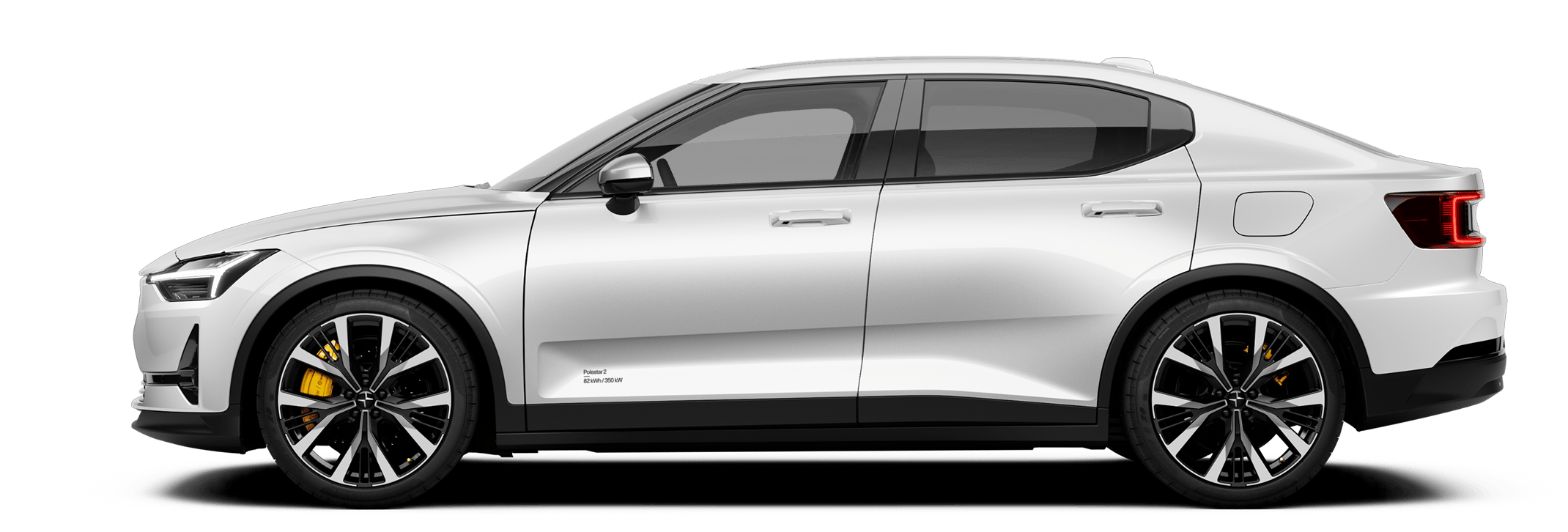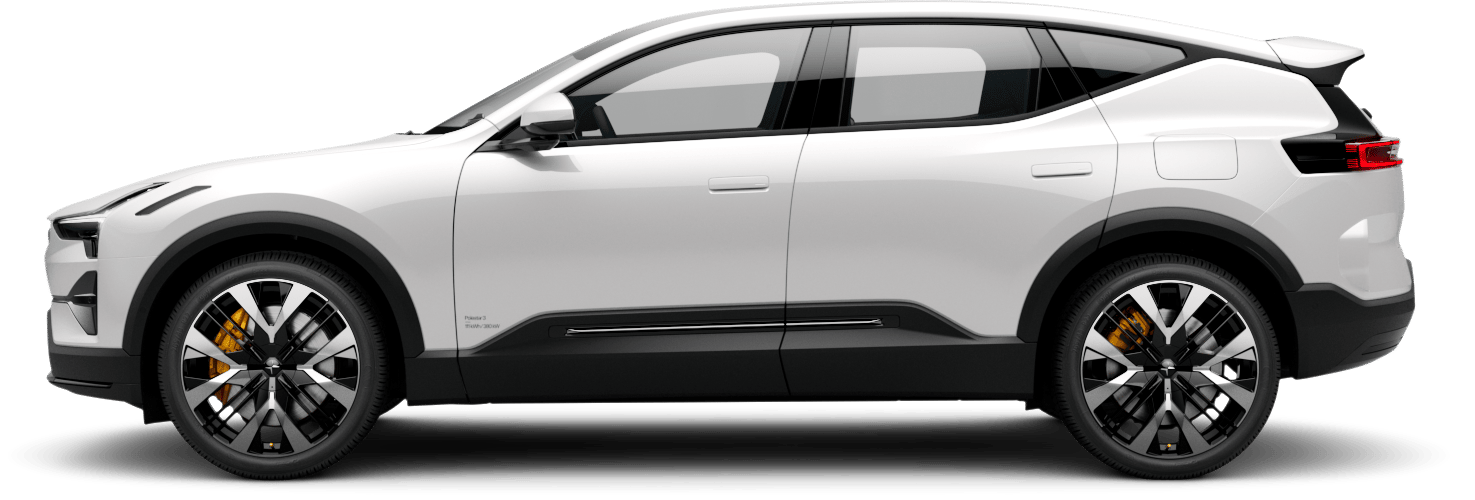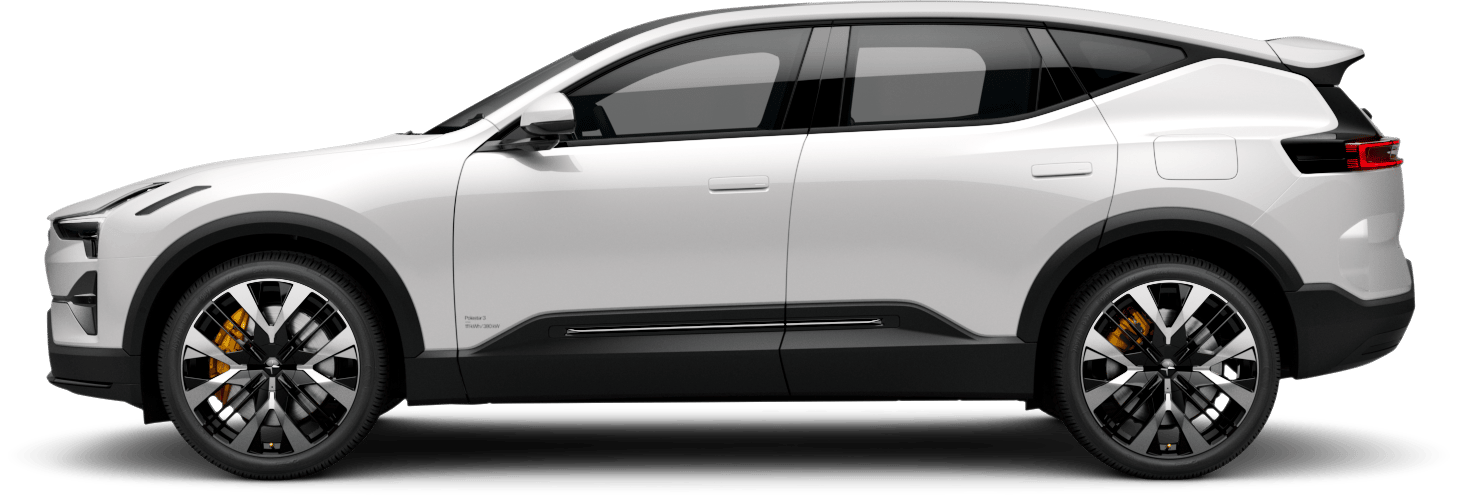Polestar aims to manufacture cars with reduced virgin materials reliance, improved lifespans, and minimal waste at end-of-life.
Polestar aims to manufacture cars with reduced virgin materials reliance, improved lifespans, and minimal waste at end-of-life.
The Brundtland report of 1987 defines sustainable development as “meeting our needs in the present, without compromising the ability of future generations to meet theirs.”
Polestar therefore sees circularity as a set of principles designed to ensure that we produce and consume within Earth’s planetary boundaries.
From the design stage, through production to use and reuse, we’re on the road toward greater circularity within electric mobility. These six principles inform the Polestar design process.
The goal of making Polestars more circular comes with its own unique set of challenges. These are some of the key factors we need to overcome in the next decade, through research, new schemes and other breakthroughs, to manufacture and operate electric cars in a fully circular fashion.
The goal of making Polestars more circular comes with its own unique set of challenges. These are some of the key factors we need to overcome in the next decade, through research, new schemes and other breakthroughs, to manufacture and operate electric cars in a fully circular fashion.
All virgin or raw materials come with varying degrees of environmental impact. For some materials, the need to use complex purification processes creates toxic emissions or comes at a cost to local ecosystems. Since Polestar is at the end of a long supply chain, getting accurate data about environmental impact at the start point (where raw materials are extracted and processed) presents an ongoing challenge.
Increasing the recycled or bio-based percentage of materials used comes with its own challenges, from supply availability to material purity and quality. Due to high safety and quality requirements in cars, circular materials must meet the exact same standards as virgin materials. At the same time, increasing the end-of-life recyclability of our cars means we need to select or develop materials that can be easily recycled, and for which a recycling infrastructure is a realistic prospect.
It is important that our cars are designed for compatibility with future advancements in EV technology, while avoiding the need for difficult or expensive maintenance. To address this challenge, we strive to design new Polestars for ease of disassembly and repairability, also enabling easy upgrades while unlocking potential for reuse and the remanufacturing of used parts elsewhere. Sometimes this design approach conflicts with durability or vehicle weight, creating a constant need to find the right balance between performance, everyday usage and lifetime optimisation.
It is also necessary to fully utilise materials and products rather than letting them go unused. Many cars spend up to 95% of their lifetimes inactive, so it’s necessary to incentivise higher utilisation. This could be via new business models that focus on shared car use or ownership, or mobility as a service; or via rewards for enabling use of EVs by other services, such as onboard computers providing power to cloud services, or plugged-in cars giving back-up power to the electricity grid. With this comes a need to convince more drivers of the benefits of such schemes.
Collaboration is critical to circularity. We are working with industry partners to enhance the circularity of our batteries, from optimising our battery design to allow for easy dismantling and remanufacturing, to ensuring our batteries support recycling processes that have high recovery rates.
We work with specialist partners and material suppliers to source innovative, premium materials that minimise climate impact, resource depletion, and pollution.
More about materialsMore on our key drivers
Climate neutrality
The steps we’re taking to meet our defining goal of becoming a fully climate-neutral car manufacturer.
Read moreTransparency
Transparency is one of our core values. It’s a powerful tool to improve sustainable practice and enable more informed customer decisions.
Read moreInclusion
Within Polestar, equal opportunities and a culture of open communication. Within our supply chain, human rights above all.
Read more



